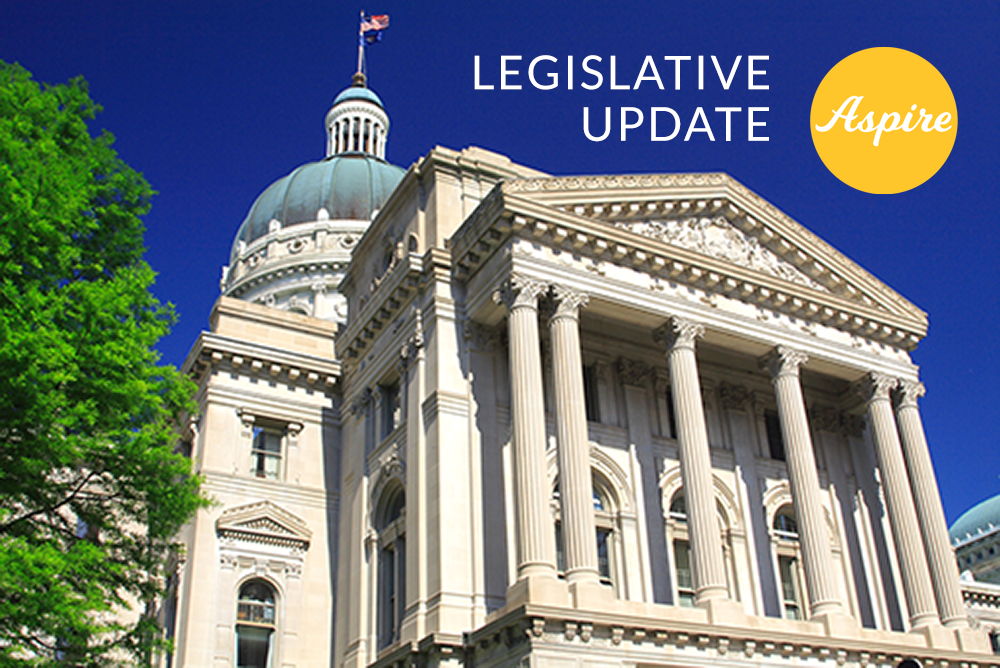Challenges and Reforms to Hoosiers’ Healthcare at the Statehouse

In a recent “State of Healthcare in Johnson County” workshop hosted earlier this month by Aspire, Dr. David Dunkle, President and CEO of Johnson Memorial Health and Vice President of Medical Affairs, raised awareness to the financial and governmental challenges faced by healthcare facilities in Indiana.
Dr. Dunkle emphasized the urgent need for reform in the economic model for healthcare.
"Healthcare is at a crossroads," said Dr. Dunkle in an interview after the workshop. "Hospitals are facing a workforce shortage while wage and supply costs have increased immensely due to supply issues and inflation.
If hospitals are going to be able to invest in the people, providers, and technology needed to ensure care of the highest quality for the populations that we serve, the reimbursement model for healthcare must change.”
He mentioned that government programs like Medicare and Medicaid fail to cover the actual cost of care provided by hospitals, leading to financial strain on both patients and providers.
“Insurance companies deny claims regularly and put roadblocks in the way of providing timely care with onerous prior authorization requirements,” he said. “If things do not change, more hospitals in America will continue to close as insurance companies post record earnings.”
Dr. Dunkle expressed concern about the burdensome Hospital Assessment Fee (HAF) in Indiana.
"The Indiana Hospital Association spent a lot of time developing a plan that would bring relief to hospitals without increasing costs to the state, and the plan did not make it out of committee. The administrative fees that the state takes from this plan also continue to grow, and will be over $300 Million dollars this year," he said.
Dr. Dunkle said that Indiana Medicaid covers only 57 cents for every dollar of hospitals' cost, resulting in $2.7 billion annually in unpaid healthcare costs.
“Due to this government underpayment, in order to keep their doors, open, hospitals must shift these unpaid costs on to those with private insurance,” said Dr. Dunkle. “This cost shift results in a hidden health care tax due to the fact that insurance premiums increase as a direct result of this cost shift.”
Addressing recent legislative developments at the Indiana General Assembly, Dr. Dunkle lamented the failure of promising legislation.
"The two bills that I was watching the closest were House Bill 1200 and House Bill 1393,” he said. “Luckily, HB 1200 did not make it out of committee. This bill would have enacted price caps on the state employee health plan that would have put more financial burden on already struggling hospitals.”
Dr. Dunkle expressed disappointment when finding that HB 1393 did not make it out of committee. He said the bill would have benefited many hospitals across the state, including Johnson Memorial Health.
Indiana's public health challenges were a driving concern for Dr. Dunkle and his call for healthcare reform.
“A system where governmental programs such as Medicaid and Medicare do not cover the costs associated with providing hospital care, coupled with the predatory practices deployed by insurance companies of denying claims and putting hurdles in the way of patients receiving the care that they need via prior authorizations, is not a sustainable system.”
